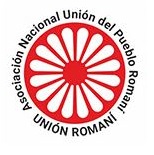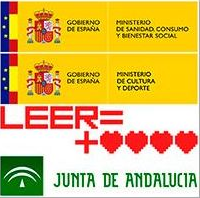¿Qué es el Creida?
Es un centro destinado a facilitar documentación, asesoramiento, orientación y materiales de todo orden relacionados con la comunidad gitana.
El CREIDA pretende ser el primer centro europeo de estas características dirigido y gestionado por los propios gitanos en colaboración con las principales universidades europeas.
En estos momentos el fondo documental del CREIDA está compuesto por más de 50.000 artículos, documentos, libros, películas, vídeos, carteles, fotografías y folletos, censados por temas, autores y países.
En el Creida está la respuesta
Todas estas preguntas y muchas más tienen respuesta en el CREIDA (Centro Romanò Europeo de Investigación y Divulgación Antirracista).
El CREIDA nació en España en 1996, impulsado por la Unión Romaní en colaboración con la Universidad de Sevilla y con el apoyo de la Comisión Europea.
Tras dos años de trabajo intenso ya estamos preparados para dar respuesta a la mayoría de las preguntas que nos puedan formular sobre el pueblo gitano.
¿Por qué nació el Creida?
Para combatir la desinformación que se tiene sobre nosotros y para contribuir a la difusión de la verdadera imagen de los más de 12 millones de gitanos que vivimos en Europa.
Queremos ser nosotros, los propios gitanos, quienes administremos los recursos de todo orden que nos pertenecen, especialmente los que se refieren a nuestra cultura y a nuestra historia colectiva. Pero, sobre todo, el CREIDA pretende ayudar a sentar las bases de la mejor autoestima del pueblo gitano para garantizar el pleno disfrute de sus derechos como ciudadanos europeos.
¿Quién puede dirigirse al Creida?
El CREIDA es un centro sin ánimo de lucro. La información que ofrecemos la damos gratuitamente. Nada de lo que produce el CREIDA está a la venta. Tan solo solicitamos que se abonen los gastos producidos por la realización de fotocopias, copias de videos o de cintas de audio, o gastos de franqueo.
Las asociaciones, las instituciones públicas o privadas, los estudiantes, los maestros, los investigadores, los periodistas, los particulares… en especial quien desde la solidaridad mantenga un compromiso con la defensa de los derechos humanos.



